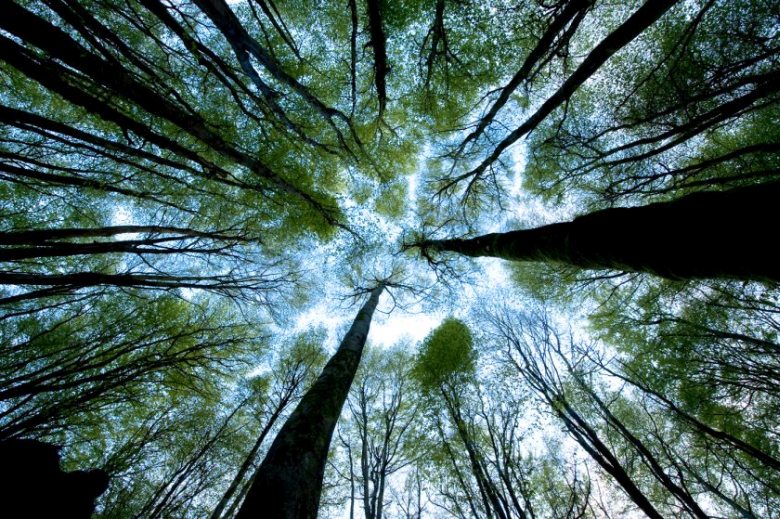Survey puts a value on natural capital of new woodlands

A first of its kind study has provided quantitative evidence of the natural capital benefits of planting new woodlands in the UK.
Commissioned by Scottish Forestry, woodland management firm Tilhill and the Scottish Environment Protection Agency (SEPA), the study assessed a newly planted mixed woodland site.
The woodland, located at Larriston, the Scottish Borders, was then valued to measure its natural capital potential over the next 50 years.
Natural capital is the stock of natural resources, including plants, soils, air, water and greenspace, which all combine to provide benefits to people.
In addition to future revenues from selling harvested timber, the analysis revealed substantial benefits for society through CO2 removals, flood alleviation and biodiversity from modern-day forestry.
The key future benefits were valued at around £20m in today’s prices, which included almost 200,000 tonnes of timber, just under 150,000 tonnes of CO2 removals, and almost 3 million m3 of water stored in the forest.
The analysis showed timber to provide the largest source of financial revenue for the project at £2.5m over the next 50 years.
The value of net carbon sequestration to society was estimated at around £9 million over the same period.
Dr Pat Snowdon, at Scottish Forestry, who led the study said: "This is a fresh approach to working with businesses in the forestry sector by putting a value on a range of natural capital benefits from planting new woodlands.
“The survey provides important evidence about how woodland creation and nature supports a green recovery and will contribute towards our challenging climate change targets.
“The study will also be of interest to those in the forest products chain who will be able to see how well designed woodland planting is a win-win for the economy, local communities and nature.”








